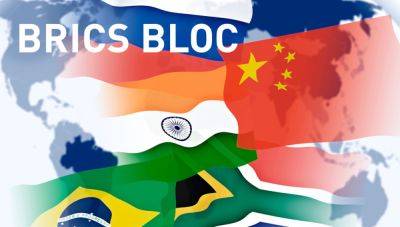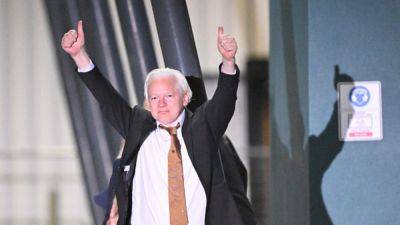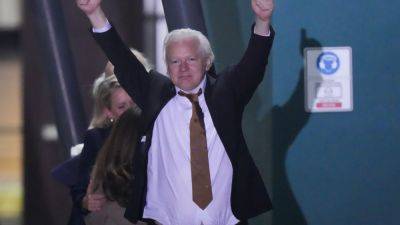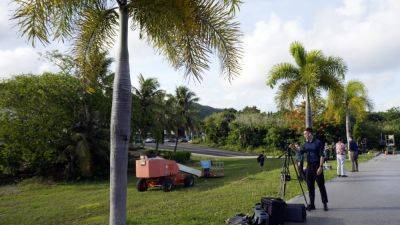Papuan tribe, palm oil firms battle for land rights in Indonesian top court
JAKARTA — In a jungled corner of Indonesia's Papua, the Awyu tribe await a Supreme Court verdict that will determine whether thousands of hectares of rainforest will be cleared for a vast palm oil concession to be planted atop the graves of their ancestors.
"Birds of paradise, cassowaries... sacred places, and the paths of our ancestors are there," said Awyu man, Hendrikus 'Franky' Woro. "If the graves of our ancestors are removed, we will be committing a sin against them."
At stake in three cases being decided by the court is the fate of nearly 115,000 hectares of forest, part of the single largest, collective palm oil bloc in the world's largest palm oil exporter, Indonesia.
Located in Papua's Boven Digoel, the 270,000-hectare bloc is divided into seven concessions, three of which are now legally contested.
The court decision, which lawyers expect this month, will set an important precedent in a country that has pledged to both protect a US$30 billion (S$40 billion) export industry, and improve governance amid allegations of deforestation and human rights violations.
"This is the first time a clear indigenous-climate nexus argument has been presented in this type of case," said Difa Shafira, from conservation group the Indonesian Center for Environmental Law, referring to calculations that clearing the land would emit approximately 23 million tonnes of environmentally harmful carbon dioxide.
Representing the Awyu people's Woro clan, which claims customary ownership of the land, Franky has been fighting against a concession granted to PT Indo Asiana Lestari (IAL) on 36,000 hectares, an area more than half the size of Jakarta.
A case filed at lower courts in 2023 was rejected and is now at the final stage in the Supreme







